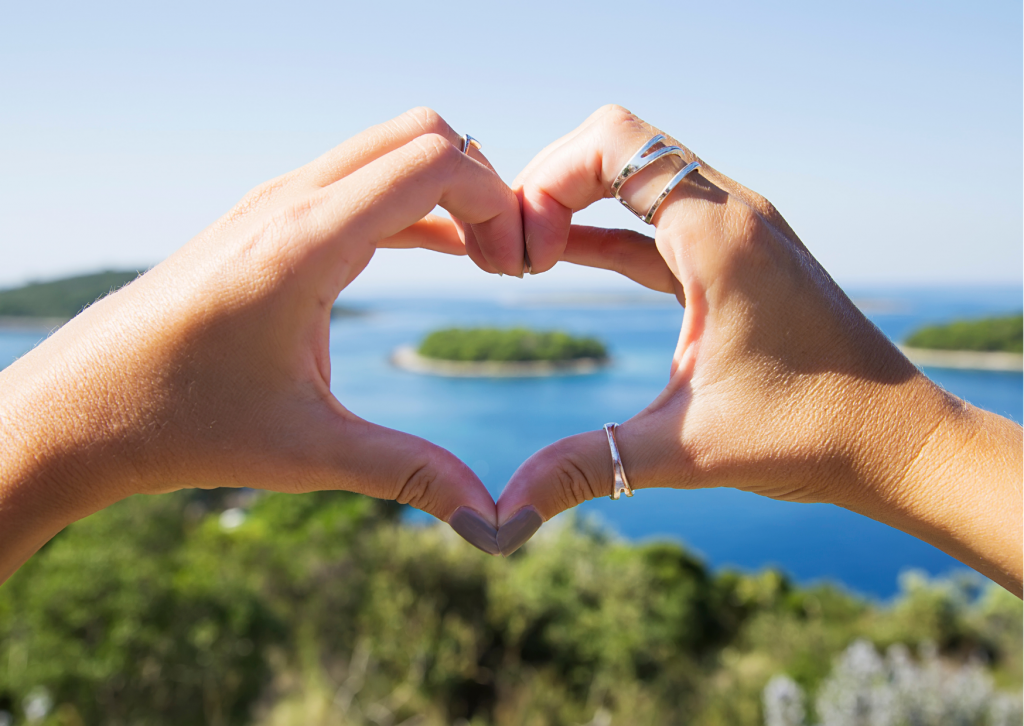SUSTAINABLE HOSPITALITY
“Saving the planet is the best offer”
Being able to travel, relax, enjoy a wonderful accommodation and still know that you are collaborating with sustainable practices that benefit the environment, brings a lightness to the soul.
The number of travelers choosing sustainable hotels is increasing, and in response to this demand, and our desire to preserve the environment, La Chimère has begun to develop its “La Chimère sustainable” project, to make us more sustainable and responsible, while minimizing our environmental impact.
At La Chimère “búzios essence” we are committed to the planet and our surroundings; adopting energy efficiency measures, caring for the environment; using biodegradable materials; and maximizing the social and economic benefits to the community through partnerships with local suppliers.
Below you will find the list of actions we have taken:
REDUCING PLASTIC CONSUMPTION
Plastic straws take up to 200 years to decompose.
- We have replaced plastic cups with glass cups,
- We replaced plastic stirrers with metal and bamboo spoons, and
- We replaced plastic straws with biodegradable ones
WATER CONSUMPTION EFFICIENCY
In addition to water and electricity consumption, the detergents used in washing clothes produce a carbon footprint of almost 1 kg of CO2.
According to a study conducted by Booking.com, in the last 12 months, 40% of guests reused towels and 26% chose not to request the cleaning service every day to minimize water consumption.
At La Chimère we have implemented a simple system: to change the towels, we ask them to leave them on the floor, when hanging up, we understand that they will be used again.
Also, our guests can choose not to request the cleaning service every day.
All this information is given to the guests at the time of Check IN.
ELECTRICITY CONSUMPTION EFFICIENCY
In order to reduce environmental impact, La Chimère has implemented the following actions:
AUTOMATIC ELECTRICITY CONTROLS
- Magnetic cards: Electricity is controlled by magnetic cards that are handed out at the Check IN along with the key.
When you enter the room and insert the card in the device located on the wall, the electricity is turned on, and when you remove the card when you leave the room, the electricity is turned off automatically, keeping only the minibar electricity working.
- Photocell and motion sensor: Some lights have a motion sensor, and some have a photocell, which keeps the lights off when it detects enough natural light in the room.
RENEWABLE ENERGY SOURCES
- The solar plate, or solar panel, is a device composed of photovoltaic solar cells, with the function of capturing solar energy to convert sunlight into electrical energy. Solar water heaters have been installed on the roof of La Chimère, and we are finalizing the process of installing a photovoltaic solar panel system in order to reduce our carbon footprint by using an alternative, clean, and renewable energy source.
Along with these actions, all the rooms at La Chimère have windows with insulating glass (double-glazed glass), allowing great energy savings, reducing the consumption of air conditioning, because double-glazed glass, besides offering acoustic insulation, is special in maintaining the temperature.
SELECTIVE DISPOSAL
At La Chimère we have trash cans for cardboard and paper (recyclable), avoiding that certain residue are discarded in dumps and their impact on human health and the environment.
Recycling allows the recovery of materials, thus avoiding the extraction of raw materials, saving energy consumption and reducing the emission of pollutant gases and global warming.
Our entire reservation process is done digitally, avoiding the printing of documents. The reservation confirmation, along with all the details of the stay are sent by e-mail to avoid the use of paper, even the Check IN is done on the cell phone through a link that we send by WhatsApp.
SOCIAL AND ECONOMIC BENEFITS
In addition to the benefit of having fresher and healthier products, buying food at local stores reduces the use of plastic containers and packaging, which is necessary when products have to make long trips, and also reduces CO2 emissions by traveling shorter distances.




 Português
Português Español
Español